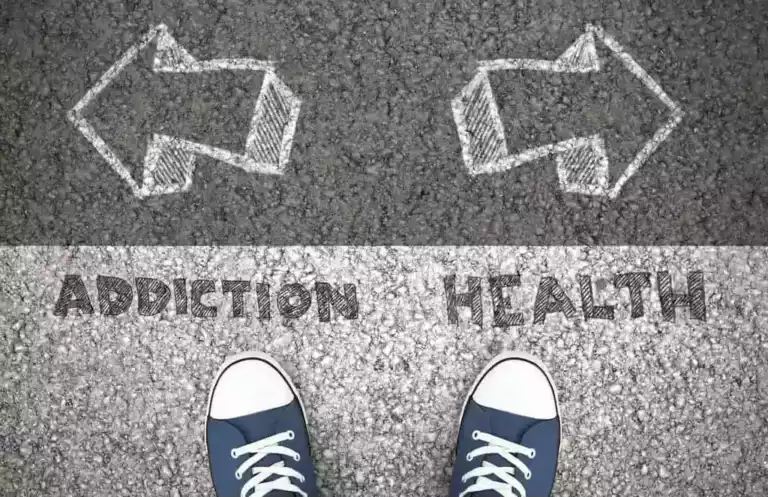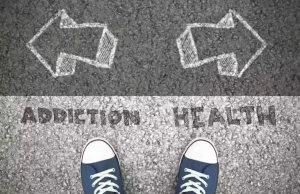
Talk with a healthcare professional to find the one that’s best for you. Sudden aversion to alcohol can be caused by various factors. It’s essential to consult a healthcare professional for accurate diagnosis. Given that even small amounts of alcohol can trigger allergic reactions, the safest course of action is to avoid alcohol altogether. Be mindful of hidden sources of alcohol in foods, medications, and personal care products.
Health Conditions
- One study found that people who take one anticholinergic drug per day for at least 3 years have a raised risk of dementia.
- Taking this drug while you have circulation problems could worsen your condition.
- Allergy medicines are available as pills, liquids, inhalers, nasal sprays, eye drops, skin creams and shots, also called injections.
- Side effects include trouble sleeping, headache, increased blood pressure and irritability.
In case of an allergic reaction, seek immediate medical attention, especially if symptoms are severe. Severe reactions can include symptoms like difficulty breathing, which can be a sign of an anaphylactic alcohol and pills reaction. If a drug allergy is suspected due to the use of medication to manage alcohol allergy symptoms, inform your healthcare provider immediately.

Alcohol Intolerance vs. Alcohol Allergy
This misuse of Benadryl and alcohol may actually make you dizzy and prevent you from sleeping through the night. When you mix alcohol and Claritin, your liver takes longer to process both substances. Mixing alcohol and Claritin could leave you feeling tired or sleepy. While Claritin doesn’t usually cause drowsiness on its own, this side effect is more likely when alcohol is present. Both alcohol and Claritin slow down nervous system activity.
Side Effects of Allergy, Cold, and Flu Medicine

Intolerance is different from an allergy and usually involves symptoms like flushing, nausea, or headache. It’s essential to differentiate between alcohol intolerance and alcohol allergy. Alcohol intolerance is more common and usually https://ecosoberhouse.com/ manifests as facial flushing, nausea, and a rapid heartbeat after consuming alcohol.


This risk affects people who are dependent on drugs or have had alcohol use disorder at one time. For details, see “Boxed warning” at the top of this article. Taking Concerta with caffeinated foods or drinks could increase the risk of certain side effects with Concerta.
- This treatment is especially beneficial for individuals with multiple allergies or those who find it challenging to avoid allergens entirely.
- Muscle relaxants are commonly used to treat back and neck pain, as well as certain kinds of headaches.
- If someone experiences symptoms of alcohol intolerance, like flushing, hives, or difficulty breathing, the first aid response is to stop consuming alcohol immediately.
- People who drink occasionally may have internal bleeding while taking this medication.
- If you do choose to drink, limit how much you drink and stop drinking at the first sign of symptoms.
- Before taking Concerta, talk with your doctor about your health history.
There are several ways for a doctor to diagnose an alcohol allergy or intolerance, including the approaches below. The immune system overreacts to this exposure in the body, treating alcohol as a threat. The body produces antibodies, and when they encounter alcohol, they set off a systemic allergic reaction. The immune system usually produces antibodies to fight harmful substances in the body. However, in people with an alcohol allergy, the system mistakenly produces antibodies to attack alcohol following exposure to the substance, triggering various symptoms. An alcohol allergy occurs when the immune system overreacts to alcohol entering the body.
- This method is known to relieve asthma and allergy symptoms.
- The effects of mixing alcohol with medication also depend on certain individual factors.
- If someone has a true allergy to alcohol, they should avoid the substance entirely.
- You may have heard that mixing alcohol and medication can be a bad, even dangerous combination.
